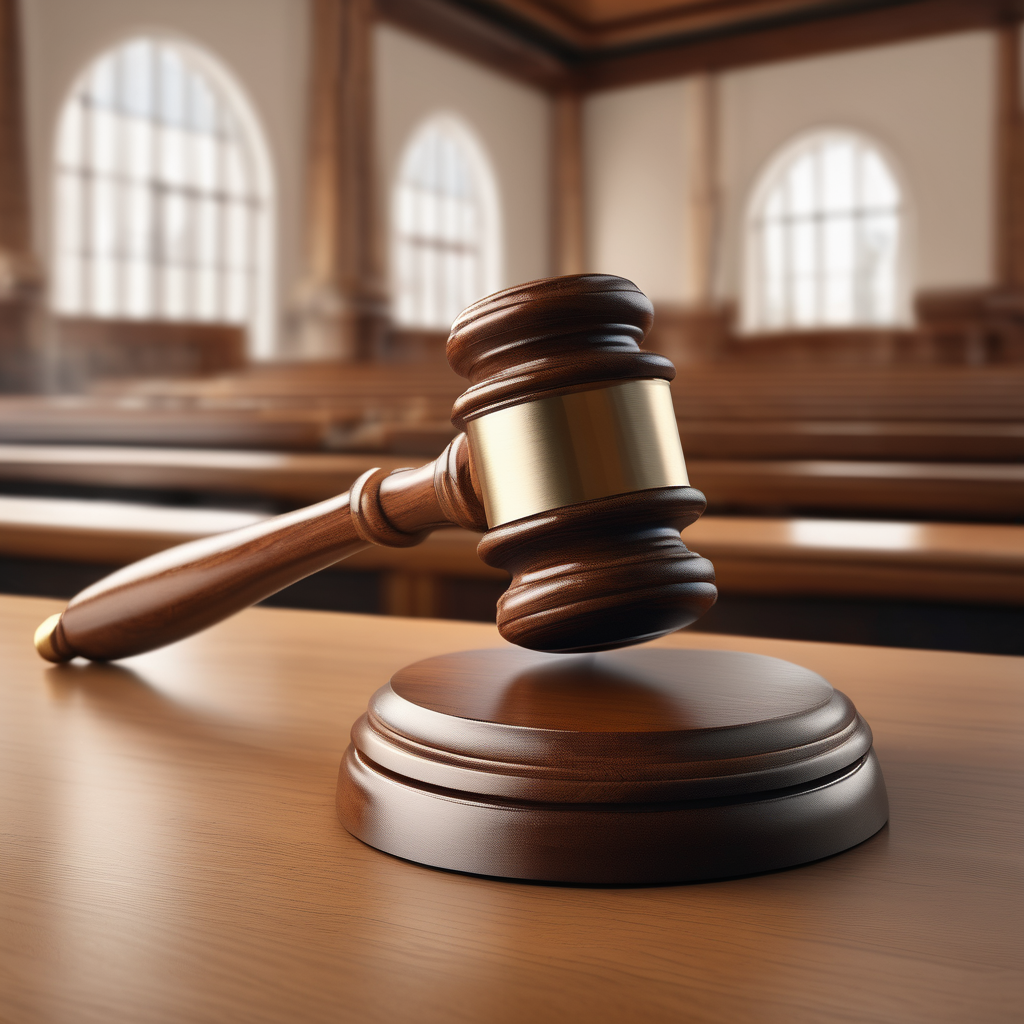A London court has dismissed a terrorism-related charge against Liam Óg Ó hAnnaidh, a member of the Irish-language hip-hop band Kneecap, due to a technical error in the way the charge was filed. Known by his stage name Mo Chara, Ó hAnnaidh was initially charged for waving a Hezbollah flag, which is prohibited in Britain, during a concert in London last year.
Chief Magistrate Paul Goldspring at Woolwich Crown Court declared the proceedings against the rapper unlawful, siding with his defense team’s argument concerning the error in the charge’s presentation. “These proceedings were instituted unlawfully and are null,” Goldspring remarked.
Kneecap, originating from Belfast, Northern Ireland, often faces critique for their politically charged lyrics, perceived by some as supporting militant groups such as Hamas and Hezbollah. The band has been banned in countries like Canada and Hungary but maintains that its primary objective is to advocate for Palestinian rights. They assert that their work does not align with or support violent organizations.
In the aftermath of the case’s dismissal, Ó hAnnaidh described the prosecution as a politically motivated attempt to quiet the band’s pro-Palestinian stance. “We will not be silent,” he vowed, addressing supporters outside the courtroom.
Northern Ireland’s First Minister Michelle O’Neill praised the court’s decision, alleging the charges were part of a wider effort to stifle voices speaking against ‘Israeli genocide in Gaza.’ She highlighted Kneecap’s international platform as a means of exposing injustices, advocating continued actions to speak out against perceived inequalities in Palestine.
The Crown Prosecution Service has indicated plans to carefully review the court’s ruling and may consider an appeal. Meanwhile, London’s Metropolitan Police is evaluating the decision’s potential implications on future similar cases.
This case underscores tensions between cultural expression and legal boundaries, particularly when intersecting with politically sensitive issues. It raises questions about the balance between free speech and national security.
